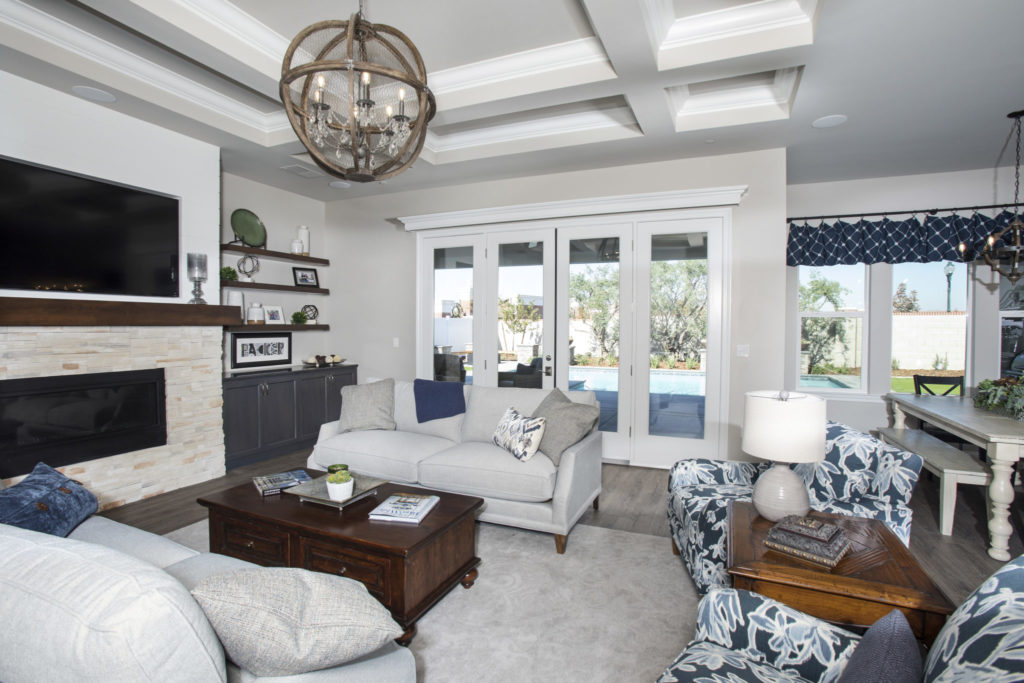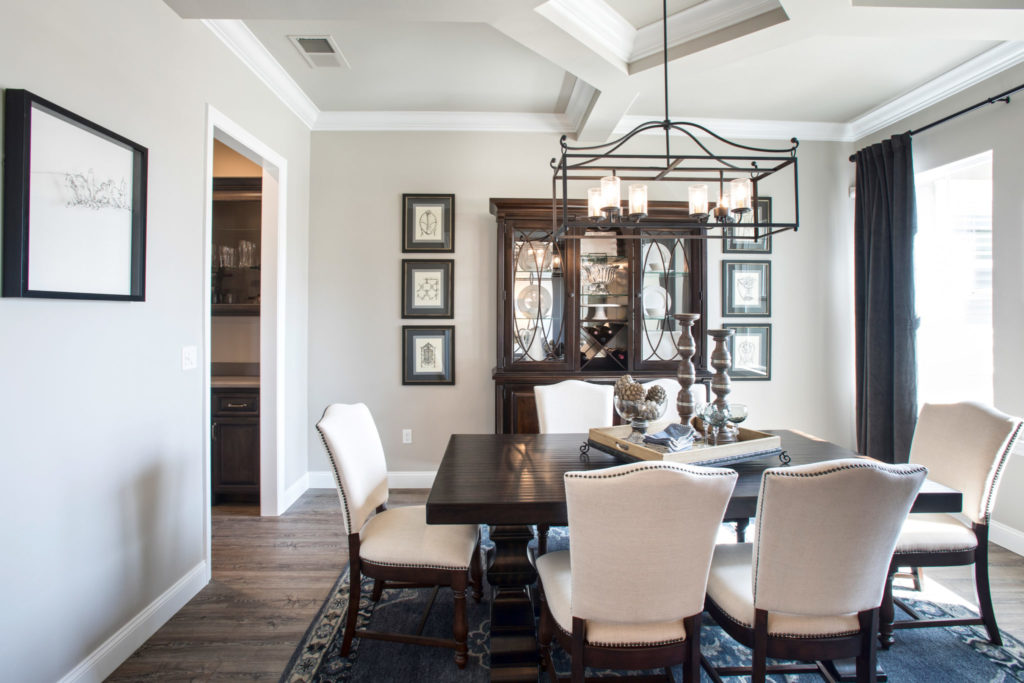Answering the Current Building Products Challenge
October 7th, 2020 | by dpcustombuilder | Posted in build process, Client Relationships, Custom Builder
How to keep your new home on track amid COVID-related price spikes and shortages
If you’re ready to start a new custom home, you may need to deal with ongoing fallout from the coronavirus-related economic shutdown. That means working with your builder to mitigate its impact.
The problem, as we all know, started in March and April. Some states and localities halted all construction, and homebuyers in other areas canceled or postponed their projects. The sudden drop in demand led to plant closings throughout the building supply chain, from lumber mills to window, door and appliance manufacturers.
Housing starts bounced back quickly, thanks to a lifting of restrictions and 3.5% mortgage interest rates. The U.S. Census Bureau reports that August 2020 starts were up 22.6% from the previous month and up 23.4% from August 2019.
Unfortunately, the supply chain has been slower to rebound. Some manufacturers have two-month order backlogs, and others have been struggling to get parts. For example, most refrigerator compressors are made in Mexico, where factories also closed for a time and are still catching up.

To make things more difficult, health regulations now limit the number of workers in some plants, and some workers have opted not to return. That means those plants can’t produce as much.
Not surprisingly, manufacturers’ inability to keep up with demand has led to higher prices and delays getting certain items.
Cost Control
The sharpest price rises have been for framing lumber, which by August had doubled compared to the beginning of this year. That has added $16,000 to $20,000 to the cost of an average new home, which the National Association of Homebuilders defines as having just over 2,200 square feet of living area. Cost increases for bigger houses are even more.
Homeowners who can’t absorb these increases might need to look for creative solutions. One option is a slightly smaller home. Another possibility is to work with the designer and builder to make a number of small adjustments that only minimally impact the way the new home looks and feels—otherwise known as value engineering.
The value engineering process looks for ways to economize without sacrificing amenities or quality. One obvious solution is to choose less expensive products, but you can also tweak designs. For example, simplifying the exterior facade on all or part of the home—reducing the number or corners and trim details—will save labor and materials without crimping interior living space.

Making Prompt Choices
Current supply shortages include commodities like treated lumber, which is needed for areas that require moisture or termite resistance, such as deck frames and sill plates (the boards that secure the home to the foundation).
Meanwhile, there have been delays getting some manufactured products and options. For instance, some appliance companies are only making stainless-steel finishes at this time. That doesn’t mean you can’t get the items you want, but it does mean that you need to choose everything from the deck layout to the windows, doors and carpeting as early as possible, preferably before work begins.
You may need to be extra patient due to unpredictable delays in the supply chain over the next few months. These delays are out of any builders’ control. If you need to move into the house by a certain date, it’s more important than ever to speed up those design and product selections.
One final point. Material prices, order lead times and available options can vary from market to market, so a news story or the experience of a friend in another state may not apply. The only way to determine how these issues will impact you and your project—and what the proper response should be—is to discuss them with your professional builder.
Warm Regards,

